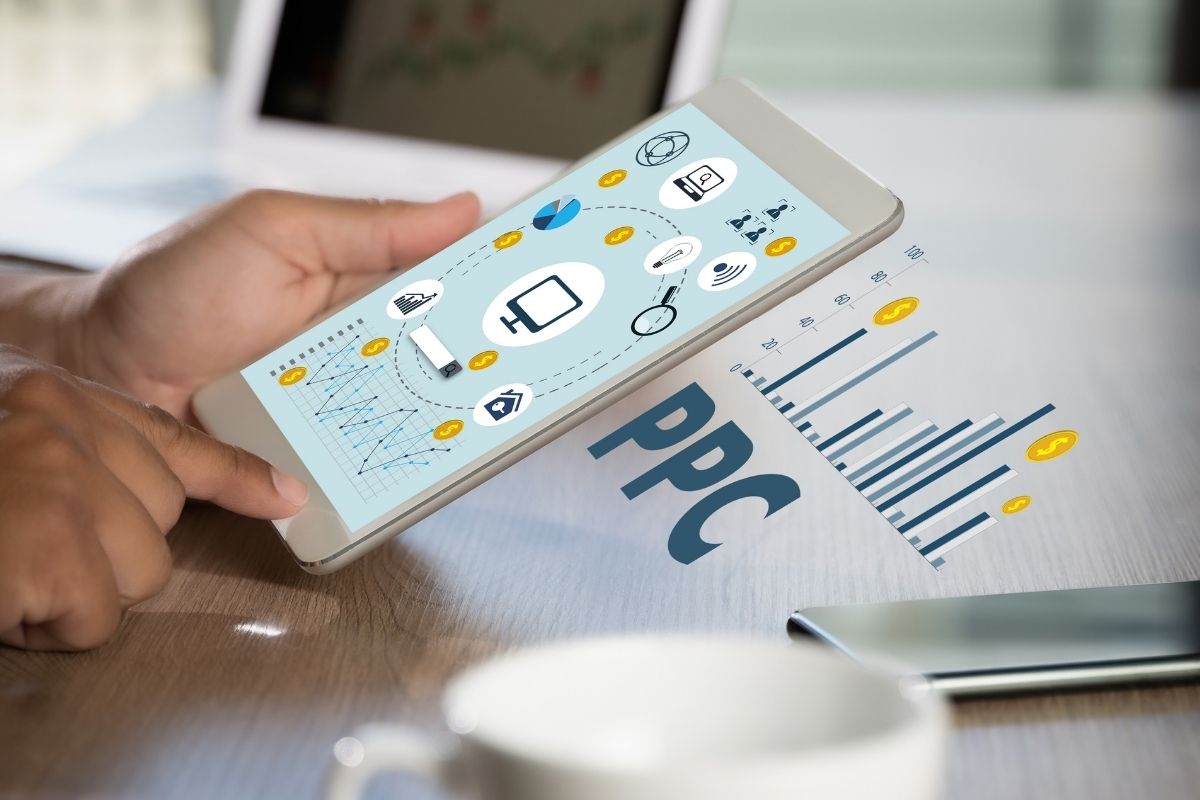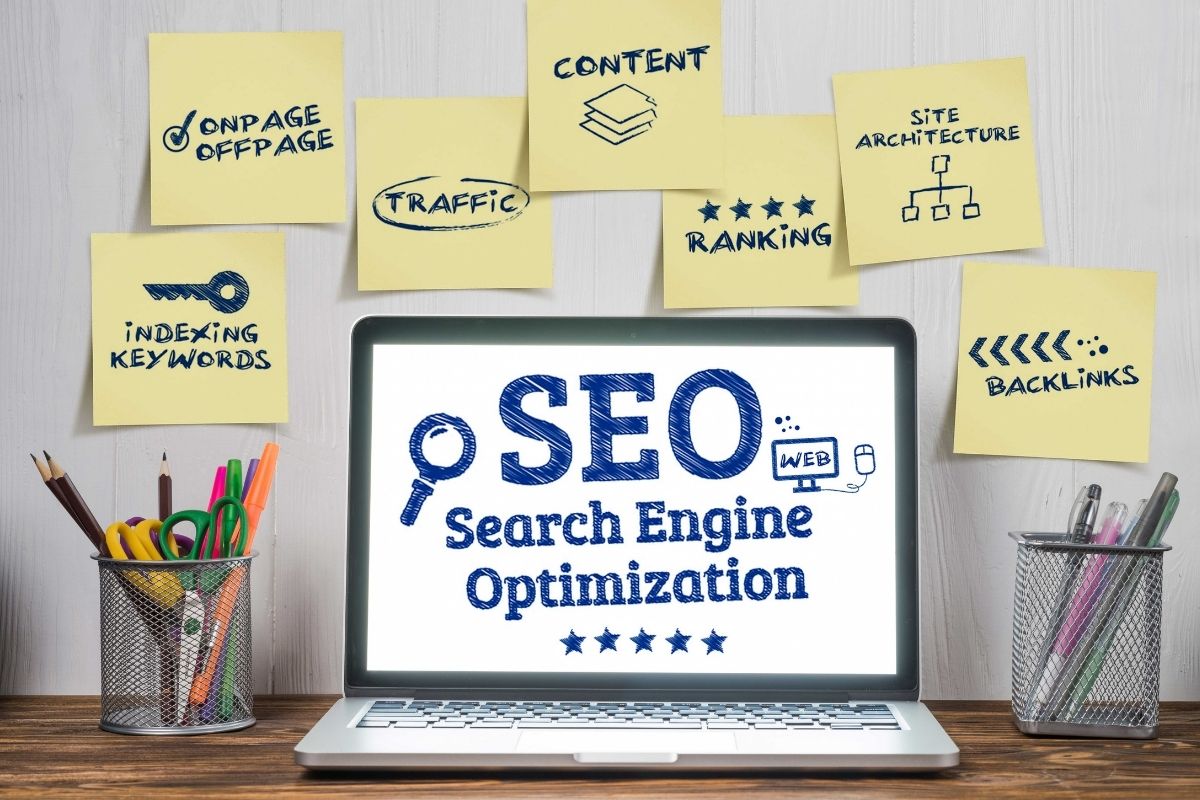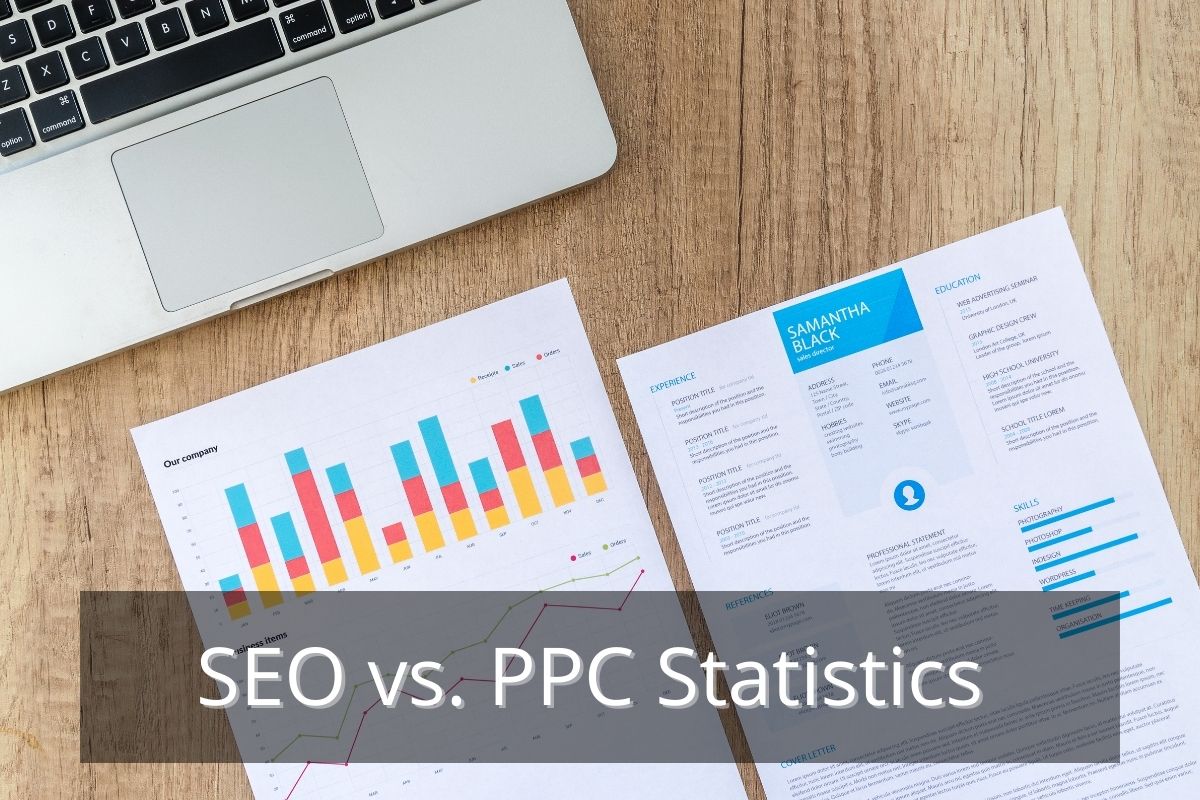Introduction
Building a unique, user-friendly website with all the appropriate bells and whistles is time-consuming. But this is a worthwhile endeavor, and the satisfaction you feel when it’s finished usually justifies the amount of time and effort you spend working on it. Unfortunately, this bout of joy doesn’t last very long because, as those who have experience in this arena know, the designing and launching of a website is the easy part. Thanks to the insanely overcrowded online internet marketplace and the complex nature of search engine rankings and algorithms, your fantastic new site might as well be the invisible man, because hardly anyone can see it.
To remedy this invisibility, you must determine which online digital marketing tactics to use. Improving your online presence by implementing specific marketing tactics is what all successful companies use to increase their website’s traffic. It’s s a vital but often complicated part of owning a website because there are a lot of factors to consider when deciding which marketing route to take. It is essential to make the best decisions about whether to focus on brand awareness, content marketing, keyword research, or placing text or video ads on Social Media platforms like Facebook.
What’s The Plan?
The first step toward solving these complicated tasks is determining which of the two best traffic-generating methods is better for your business: search engine optimization (SEO) or pay-per-click advertising (PPC). We can help as this article aims to clarify and compare SEO and PPC statistics and determine which one gets better results. We’ll first give you some background info and then explain the specific circumstances where SEO or PPC work well and don’t work so well. Understanding the strengths and limitations of each type and where they operate best will help you make the most effective decision for your site.
Please Explain
To properly dissect whether SEO or PPC gets better results, we must first have a quick refresher to remind us what each tool does. There are two sides to every coin, and if there was a search engine marketing coin, it would have SEO on one side and PPC on the other. The commonality between them is that they make it easier for people to find your website when they search for content like what your site has when using a search engine like Google.
PPC

While each search engine marketing strategy has the same end goal, how they go about achieving that goal is very different. We’ll start with pay-per-click, which is hard to misinterpret since its name is more or less what it does. It works like this: PPC advertising programs like Google AdWords and Yahoo Search Marketing provide a platform where you can buy a spot on a search engines results page (SERP) where people will see your link when they search for the products and services related to your site. These PPC text ads usually have the word “ad” next to them so people can know this link paid for their spot. The more you pay, the closer to the top you’ll be, though sometimes you can choose to be on the sides or bottom of a page. Using a PPC campaign, your digital marketing will quickly turn your invisible man website into Godzilla.
You’re probably wondering why it’s called pay-per-click and not pay-per-ad or something like that. The reason it’s called pay-per-click is due to the way search engines employ a bidding model to sell paid search ad results to people. The unique feature of this sales model is that the search engine result placements are auctioned off, so whichever business offers to pay the most will receive the best position. Selling PPC ads by having sites engage in bidding wars with each other allows Google AdWords and similar platforms to drive up the value of this paid advertising. Of course, when all is said and done, the purchaser of the PPC ad is then required to pay the fixed amount to Google whenever someone clicks on the ad.
SEO

Alternatively, an SEO campaign refers to how a website can incorporate different strategies to increase its traffic and visibility to earn its place in the organic or natural section (the part of the results page showing sites that don’t pay) of a search engine results page. There are many ways to earn a higher place on a SERP without resorting to PPC, like ensuring your website has good technical SEO such as fast loading times, a lack of broken links, errors, etc. Google will also favor your site and list it higher if it has credible backlinks from other trusted sites.
You can build your site’s SEO for no cost, but you will likely need some sort of paid digital marketing service or tool to assist you in this. SEO requires a healthy work ethic and lots of patience simply because the amount of work needed is well above average, and the fruits of your labor take time to blossom.
Easy Choice, Right?
Based on the information from the previous section, it would seem that the more effective marketing technique is PPC because, with SEO, you have to do a bunch of work and wait a long time to see any results. On the other hand, PPC jumps you straight to the front of the line. While there is no denying these statements, there are a few things that may change your perspective that we’ll go into more detail about in the next section.
Cost
The cost factor is usually one of the first factors that drives a person to choose SEO or PPC. You would think that PPC would obviously be the costlier choice, and it usually is. However, the costs of an SEO effort can start creeping up when you throw in how much time and effort it will take or if you decide to use professional help in the form of an online service or hiring an outside team. Let’s look at both SEO and PPC statistics related to their average costs to see which one is the better deal.
Cost of SEO

Statistics show that SEO consultants for small businesses usually charge anywhere from $600-$1,200 per month, and using an online digital marketing service will cost you somewhere between $100-$500 a month. Then add in the cost of your time and effort at around $200 a month and roughly come to $1,800 a month, give or take a couple hundred. It is important to note that these numbers are more indicative of small businesses, so multiply them by three or four if you possess a large operation. It’s also important to remember that costs can quickly spiral out of control as many things drive them up. These include security issues, penalties, rankings drops, and missed deadlines.
Cost of PPC

The cost of PPC is a lot less erratic simply because you are in total control of exactly how much you want to spend. As mentioned above, each time someone clicks on your link, you pay a fixed amount. So how can you control the number of clicks? Obviously, it would be quite the conundrum if you got a million clicks but then couldn’t afford to pay the bill. However, this doesn’t happen as safeguards are usually in place to ensure you don’t go over a certain amount. Search engines like Google let you set maximum daily spending limits, so they will no longer run your ad once you hit that mark. Here’s where careful planning is essential since you want to make sure that your marketing campaign generates enough clicks to justify the cost of having to pay for them.
PPC statistics show the typical cost for a small business running an average amount of PPC marketing is anywhere from $6,000-$10,000 a month, give or take a couple thousand. This number can obviously fluctuate, and it’s up to you how much you want to spend, but experts agree that those amounts tend to yield the best results.
Verdict
In terms of cost, the better choice is a toss-up. If you’re more the risk-taking gambler type of person, then investing in SEO can have some sizable returns, just not ones you’ll see right away. If you like to have total control over what you spend, PPC would be the way to go. Our personal recommendation would be to do a bit of both. You’ll be doing twice the work but getting the best of both worlds.
Time
SEO and PPC couldn’t be more different regarding the amount of time it takes to begin seeing bankable results. Yet, similar to how costs can be misleading, so too can time when you start to investigate more closely.
SEO Time
Using SEO takes time to yield significant results, usually from six months to a year. This long waiting period is the result of a few different things. To start, the comprehensive criteria used by Google and other search engines to evaluate sites takes time simply because the internet is never-ending. So, when you add SEO to your site, it will likely go unnoticed for a couple of weeks or longer.
Organic SEO traffic also can’t be done quickly because depending on your site’s content, who your competition is, there could be hundreds of similar websites all trying to accomplish the same higher SERP ranking at the same time. This creates a logjam where nobody really goes anywhere. In fact, in some of the more competitive areas of eCommerce, like retail sales, you will find results pages filled with authority websites that are well established and “go-to” sites for their content and are virtually impossible to overtake.
The long waiting period has its perks, though, because once you achieve a relatively good ranking, you will have a steady stream of nonstop traffic for as long as you maintain your SEO. The backlinks you build will remain up for the foreseeable future, as will all the content you’ve uploaded. If you can continue expanding and updating these things over a solid bit of time, Google will trust your site more and more and reward you with better rankings.
PPC Time
PPC is unquestionably the fastest method to get a top spot on a search engine results page. In most cases, one can develop a successful PPC campaign within a day or two, with noticeable traffic gains visible a week or so later. Instantaneous results like these are great for new product launches, seasonal sales, promotions, and other types of time-sensitive situations.
The problem with paying for a top spot is that people are usually skeptical about these paid ads, and that’s putting it nicely. PPC statistics report that less than 10% of people click on them, and often these folks do so by accident. People are smart and don’t trust websites that appear out of nowhere right at the top. Since anyone can pay to get their site at the top, more and more sketchy, bug-riddled sites have caused people to associate all PPC ads with the bad experiences they’ve had with them in the past.
Verdict
PPC is a great short-term option and is usually better than SEO in getting the most bang for your buck, but only if it’s done in short, concentrated bursts. If your site is struggling, doesn’t have good SEO, or is looking for a quick traffic boost for an upcoming event, PPC is the way to go.
SEO methods are better than PPC since they have more concrete and long-lasting benefits that aren’t going to disappear as soon as the money runs out. The fact of the matter is that good SEO will ultimately get you more website traffic than good PPC. This is because Google’s algorithms reward constant and consistent updates, bug fixes, and link building, which is the bread and butter of SEO. Not only is this the best way to get Google to develop a trusting attitude toward your site, but it’s also the best way to gain the trust of the people.
If The Shoe Fits
When implemented correctly, both SEO and PPC will help your site grow. Specifically, we are talking about doing the proper research regarding things crucial to your website’s success, such as your target audience, the level of competition in your content area, and your specific business model, including time frames, budgets, expectations, and goals.
For example, say you have just created a website selling some innovative and game-changing product that nobody knows about yet. In this scenario, your best option would be PPC because SEO tactics have a lot to do with figuring out how to match your site’s content with what people are already searching for. So, if nobody knows your product even exists, they aren’t searching for it on Google. A short but intense PPC campaign used to introduce this new product is the sensible choice for this situation.
An example of a situation best suited for SEO is websites whose goals are to become an established and authoritative resource for their visitors, perhaps in the educational services or legal advice realms. Most visitors who seek out these types of sites want lots of reputable, trustworthy, and established content built up over time so they know you’re a legitimate heavyweight they can trust.
The same can be said about those folks with websites who plan to build them up and then sell them. This is because the value of a website is tied directly to SEO-related things, like how much traffic it generates, its page and search engine rank, backlink quality, and reputation.
Conclusion
As you can see, half of the battle is knowing the ins and outs of things such as your site’s audience, identity, and competition. This knowledge will inevitably lead you to decide which SEO or PPC tactics you think will work the best based on your situation.
In our personal experiences with these digital marketing tactics, a nice blend of each is usually the best way to achieve optimal outcomes. We like to run a balanced, two-pronged digital marketing strategy where we can mix and match based on our site’s current needs and status. For instance, we often must counteract the slowness of SEO with some well-timed PPC for an added boost here and there. We can also increase our content, keyword, and technical SEO to prepare for the unsustainability of the PPC campaign that we know is going to end soon.
Therefore, the answer to our initial question of which one gets better results, in our opinion, is both of them. Of course, proper planning and research are necessary, and not every website will need to use both, but it’s best to keep your options open.


